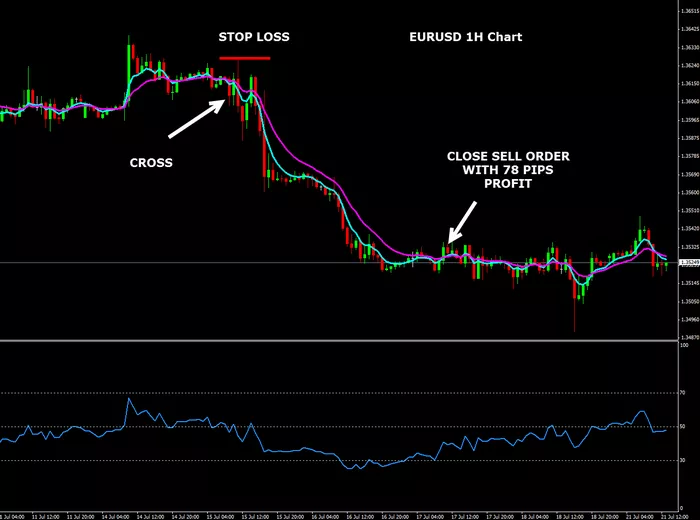Opening a USD account in the UK can be a strategic financial move, especially for those dealing with international transactions or investments in the United States. While the process might seem complex, following a systematic approach can simplify it. This article will guide you through the essential steps, from understanding your needs to managing your account efficiently.
Understanding the Need for a USD Account
Before diving into the steps, it’s crucial to understand why you might need a USD account. Such an account can be beneficial for various reasons:
International Business Transactions
If you run a business that deals with clients or suppliers in the United States, having a USD account can help avoid exchange rate fluctuations and reduce conversion fees.
Frequent Travel to the United States
For individuals who travel frequently to the United States, a USD account can simplify financial management by allowing direct deposits and withdrawals in USD.
Investments and Savings
Holding a USD account can be advantageous for those investing in US stocks, bonds, or real estate. It also offers a hedge against currency risk for your savings.
Step 1: Determine Your Requirements
Personal vs. Business Account
Identify whether you need a personal or business USD account. Personal accounts are suitable for individual needs, while business accounts cater to corporate requirements.
Account Features
Consider the features you need, such as online banking, debit cards, and international wire transfers. List these requirements to compare offerings from different banks.
See Also: 8 Factors Affecting the Price of the Australian Dollar
Step 2: Research UK Banks Offering USD Accounts
Major Banks
Start by researching major UK banks that offer USD accounts. Banks like HSBC, Barclays, and Lloyds often provide multi-currency accounts, including USD.
International Banks
Consider international banks with a presence in the UK, such as Citibank and JP Morgan Chase. These banks might offer more specialized services for USD accounts.
Online Banks and Fintech
Explore online banks and fintech companies like Revolut and Wise (formerly TransferWise). They often offer competitive rates and lower fees for international transactions.
Step 3: Compare Account Options
Fees and Charges
Compare the fees associated with each account, including maintenance fees, transaction fees, and foreign exchange charges. Look for accounts with minimal or no fees.
Interest Rates
Check the interest rates offered on USD deposits. Some banks might offer higher interest rates to attract customers.
Accessibility
Evaluate the accessibility of the account, including online banking features, mobile app functionality, and the availability of physical branches if needed.
Step 4: Gather Required Documentation
Personal Identification
Prepare your personal identification documents, such as your passport, driving license, or national ID card.
Proof of Address
Gather proof of your address, which can include utility bills, bank statements, or a tenancy agreement. Ensure these documents are recent, typically within the last three months.
Financial Information
For business accounts, you might need to provide additional financial information, such as business registration documents, tax identification numbers, and financial statements.
Step 5: Complete the Application Process
Online Application
Many banks offer online applications for USD accounts. Visit the bank’s website, fill out the application form, and upload the required documents.
In-Person Application
For those who prefer face-to-face interactions, visit the bank’s branch to complete the application process. Bring all necessary documents and be prepared to answer questions about your financial needs.
Application Review
The bank will review your application and may conduct a credit check. This process can take a few days to a few weeks, depending on the bank.
Step 6: Fund Your USD Account
Initial Deposit
Some banks require an initial deposit to open the account. Ensure you have the necessary funds available in GBP or another currency for conversion.
Currency Exchange
Use the bank’s currency exchange services to convert your GBP or other currencies to USD. Compare the exchange rates offered by the bank with current market rates.
International Transfers
If you have USD funds abroad, arrange for an international transfer to fund your new USD account. Be aware of any fees and exchange rates associated with the transfer.
Step 7: Manage Your USD Account
Online Banking
Set up online banking to manage your account efficiently. This includes checking balances, transferring funds, and paying bills in USD.
Debit and Credit Cards
Apply for a USD debit or credit card linked to your account. This makes spending in USD more convenient and can help avoid currency conversion fees.
Regular Monitoring
Regularly monitor your account for any discrepancies or unauthorized transactions. Use alerts and notifications to stay informed about account activity.
Step 8: Utilize Account Benefits
International Payments
Use your USD account to make international payments and transfers. This can save you money on exchange rates and fees.
Investments
Consider using your USD account to invest in US-based financial products, such as stocks, bonds, and mutual funds. This can diversify your investment portfolio.
Savings
Use the USD account to save money for future travel or expenses in the United States. Take advantage of any interest rates offered by the bank.
Conclusion
Opening a USD account in the UK involves several steps, but with careful planning and research, it can be a straightforward process. Determine your needs, compare bank offerings, gather the required documentation, and manage your account efficiently to maximize its benefits. Whether for personal or business purposes, a USD account can provide financial flexibility and stability in an increasingly globalized economy.
Related topics:


























